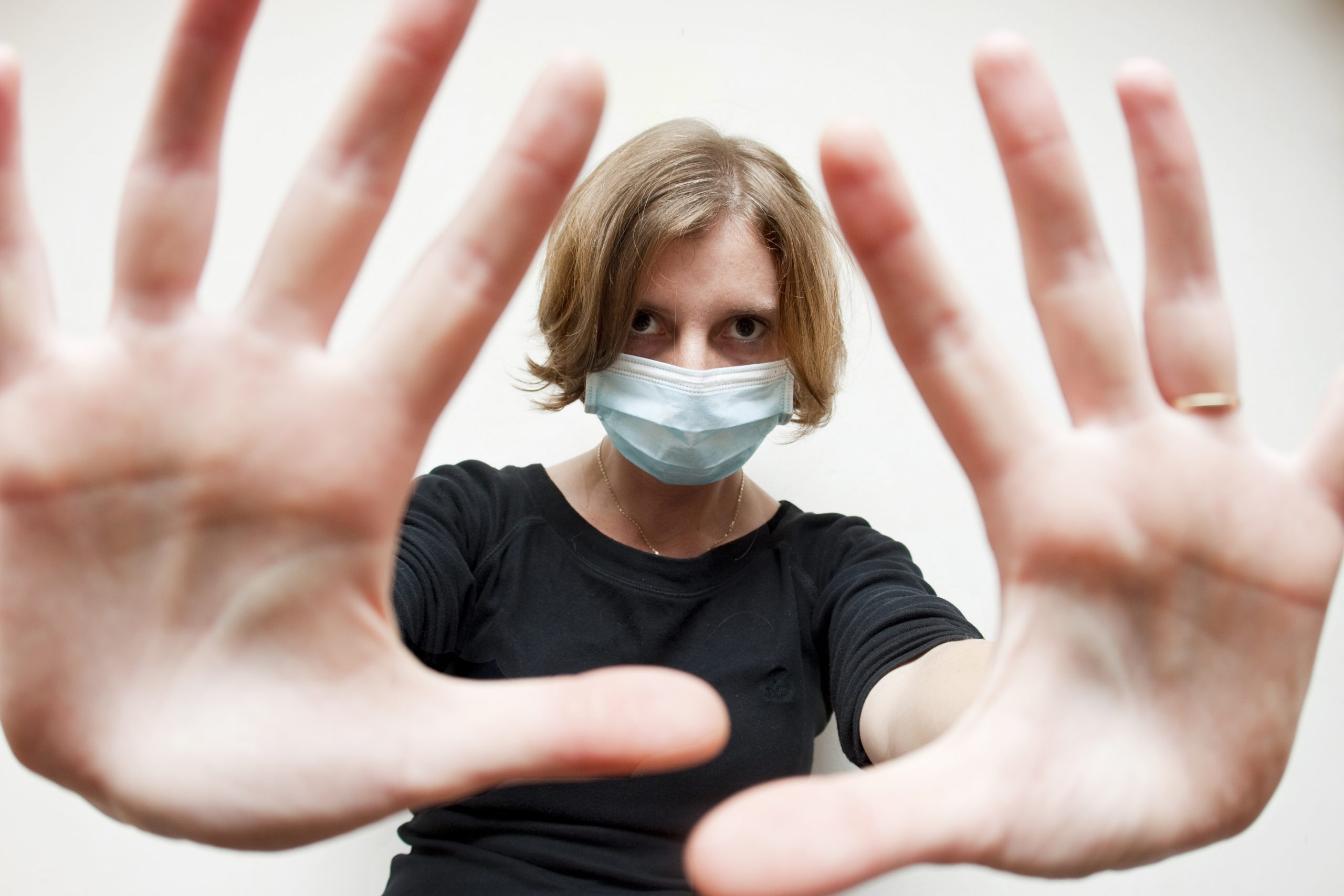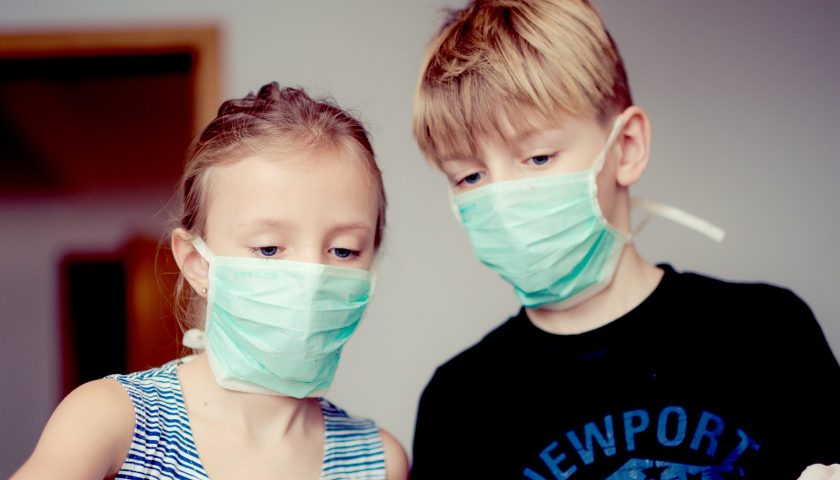In the not too distant past, deaths of children from diseases like polio and diptheria were consigned to the history books by vaccination programmes.
However, vaccines do not come without some risk – a member of my own family died as a baby following a bad reaction to the enforced smallpox vaccine in 1936. As anti-vaccine ideas seem to have some traction in the alternative community and are not hard to find on the internet, I decided to take a closer look at this hot-potato of a conundrum, to try and get my facts straight, ahead of any attempts to eradicate COVID19 (probably 2021).
So I have delved into the depths of medical journals, Big Pharma propaganda, conspiracy theorists and social media campaigns to try and gain an understanding of what’s really going on so that you don’t have to (if you don’t want to).
In 1998, a study of 12 children attempted to link the MMR vaccine with autism, receiving huge amounts of media coverage and public concern. However, the data turned out to have been manipulated, the lead scientist discredited, the report retracted and over 10 subsequent large-scale studies (one with 90,000 children) have shown no link at all.
Then, in 2009/10, 6 million people in Britain were given a vaccine for Swine Flu which had to be withdrawn. Tragically, 100 of these people developed narcolepsy – only 0.0016% or 16 in a million – but nonetheless, 100 people with a life-changing disability. The hesitancy around vaccines has been around for many years and despite some spectacular successes, several well-publicised failures have cast serious safety concerns. Well-founded scepticism of the profit motives of the pharmaceutical industry, scare-stories about toxins, suspicion of government conspiracies and cover-ups have all been amplified by social media and Russian internet trolls, heightening fears. The World Health Organisation has serious concerns about this situation and even The Lancet has reported that the “lack of faith in government, the health care system, and pharmaceutical companies is not always irrational.”
So while modern-day, ‘non-live’ vaccines are clearly not 100% safe, misinformation has been spread by both the well-intentioned and by the downright malicious, leaving people feeling perplexed and scared. There seem to be four main arguments circulating which science refutes:
1. Vaccines contain dangerous chemicals. Vaccines do actually deliver trace amounts of formaldehyde, ethyl mercury and aluminium into the body. Because the foods we eat every day can contain far larger amounts of these substances, scientists consider this argument to be bogus.
2. Vaccines overload the immune system of children. A vaccine is a neutralised organism intended to stimulate our own immunity where it would be dangerous to be exposed to the live version in the wild. Children are exposed to many live viruses and bacteria all the time.
3. Natural immunity is better. Naturally acquired immunity may last longer than immunity from a vaccine but immunologists assert that, in general, the risk of catching dangerous diseases outweighs the risk of vaccine side effects. E.g. the death rate for measles is 1 in 500 but adverse reaction to MMR is at 1 in a million.
4. Vaccines cause allergies, asthma and auto-immune disorders. These are on the increase in developed countries. Scientists believe that this increase is actually caused by living in a more ‘hygienic’ environment, overuse of antibiotics and the prevalence of high-fat, low-fibre diets.
The spreading of anti-vaccine tropes and the well-intentioned refusal to immunise can lead to the failure of health programmes which could eliminate terrible diseases completely. If and when a vaccine for COVID19 is made available, the hesitant should be sure they are influenced by the best information possible and be cautious of information from social media, from the well-meaning, from Big Pharma companies – competing to profit from a vaccine – or indeed from governments eager to get people back to work.
Now is the time for a cool, fact-based, non-dogmatic conversation on this, all our futures depend on it.
References:
isglobal.org (Barcelona Institute for Global Health)
medpagetoday.com
theguardian.com
undark.org
theintercept.com




